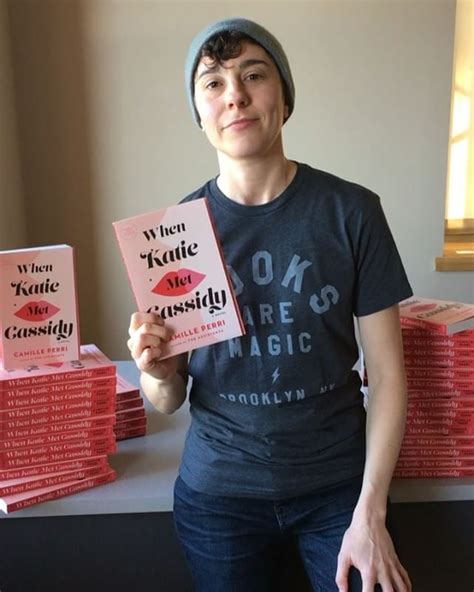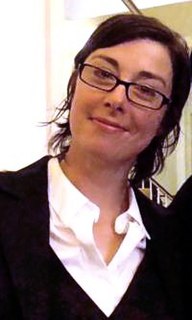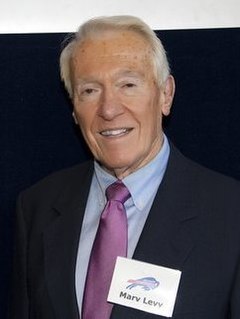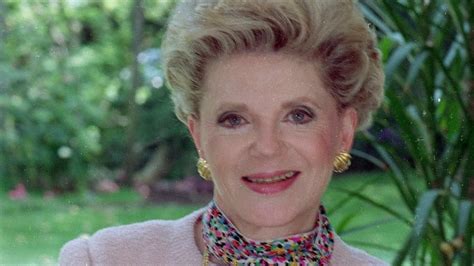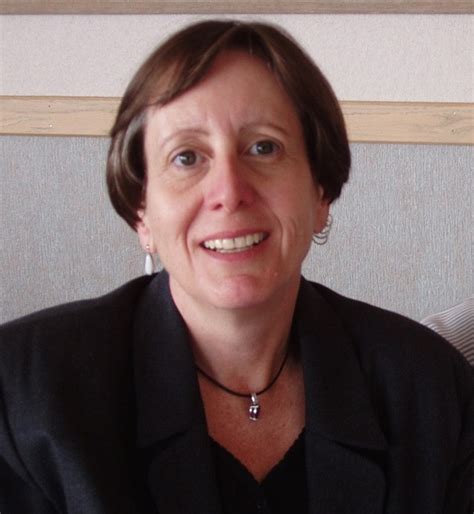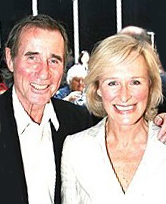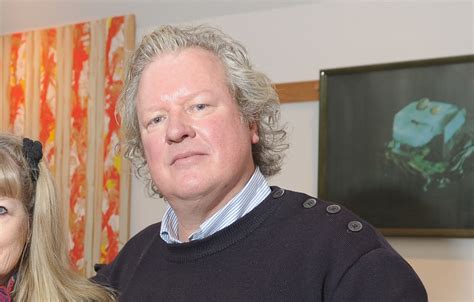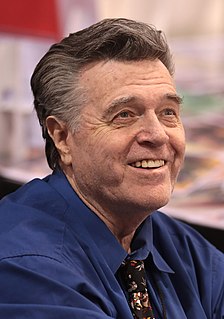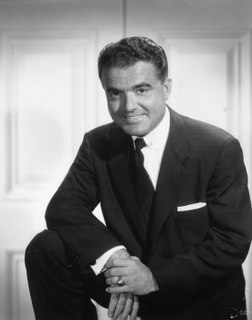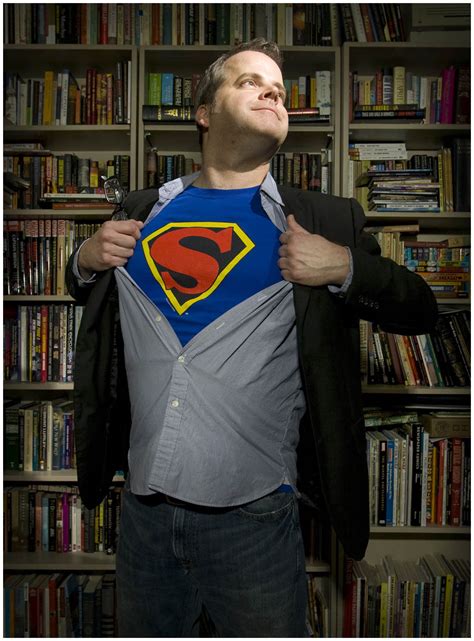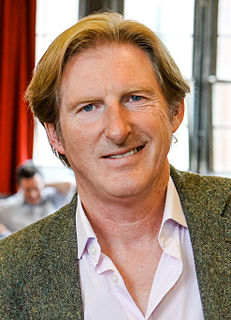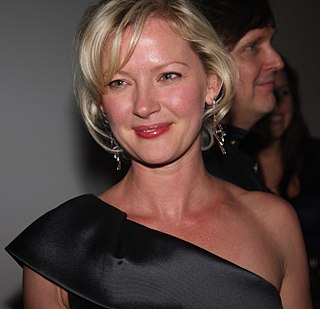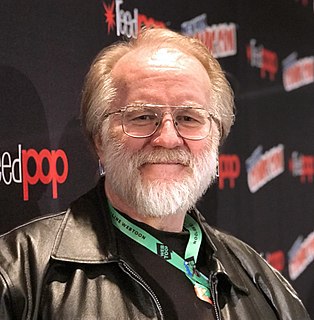Top 1200 Pages Quotes & Sayings - Page 20
Explore popular Pages quotes.
Last updated on April 16, 2025.
In the Sixties, there were no guidebooks to Asia, at least none that suited young shoestring travelers. No one on the hippie highway carried a copy of Fodor's 'Islamic Asia.' The route to spiritual enlightenment wasn't revealed in the pages of the latest Baedeker. Intrepids were on a journey of spontaneity and reinvention.
People do judge books by their covers, and the magazine editors deciding whether to include your book on their pages are working in a visual medium. So if you're less than thrilled by the cover your publisher proposes, don't be afraid to ask for an alternate version. Odds are that they want you to be happy with the final product, anyway.
Jessamine recoiled from the paper as if it were a snake. "A lady does not read the newspaper. The society pages, perhaps, or the theater news. Not this filth." "But you are not a lady, Jessamine---," Charlotte began. "Dear me," said Will. "Such harsh truths so early in the morning cannot be good for the digestion.
Whether you do stand-up comedy or write a story, you have a duty to deliver. As a comedian, you walk out on stage, and you have a minute to hook them, or they'll start booing. As a writer, it's very similar. A reader doesn't have time to say, 'I'll give him 50 pages, as it's not very good yet, but I hope it'll get better.'
I didn't want a guru or a kung fu master or a spiritual director. I didn't want to become a sorcerer or learn the zen of archery or meditate or align my chakras or uncover mast incarnations...I was after something else entirely, but it wasn't in the Yellow Pages or anywhere else that I could discover.
In the political environment that exists today, the opposition research of the Obama campaign is looking for anything they can use to distract from the failure of the president to reignite our economy. And Im simply not enthusiastic about giving them hundreds or thousands of more pages to pick through, distort, and lie about.
I remember the special quiet of rainy days
when I felt that I could enter the pages
of my beautiful picture books.
Now I try to recreate that feeling of believing
that the imaginary place I'm drawing really exists.
The detail in my work helps to convince me, and I hope
others as well, that such places might be real.
Chiromancy is a stupidity! No man's fate is ever written on nowhere! In this universe, all the roads are our fate; all the stones and all the flowers are waiting for us! All the pages and all the days of the future are empty! On the roads to future, no one has footprints; we create them through walking!
Motion comics are a medium all their own. It is certainly not animation, in which a large number of artists do tens and even hundreds of thousands of drawings. The animation, or 'the reality,' is created in a computer, and the work of the original artist is the work. Nor is it a comic book. You can't turn the pages. You can't read the dialogue.
Times have changed and so have heroes and heroines, but the core of what makes readers happy has remained the same: Does the material touch you, resonant with you, stick with you? Do you feel yourself in the pages, see yourself walking in another person's shoes, hear the voices as they speak? Are you in love with the way they are in love?
You have two pages, that's the whole credit card agreement. The terms are clear and flat and easy to see so anyone can read them. So you could lay four credit cards in front of you and say, 'Oh, that's the one that has the highest rate, that's the one that has the really scary provision that could hurt me.'
Incorporating in their colorful, slashing, superbly readable pages, the major themes of the "left" opposition under Walpole, these libertarian tracts, emerging first in the form of denunciations of standing armies in the reign of William III, left an indelible imprint on the "country" mind everywhere in the English-speaking world.
To many Congressmen and Senators right now, there's a ceaseless antagonism toward Hollywood because politically, it is high-reward and low-risk. So when you can't do anything about poverty or the budget deficit, and you can't deal with Bosnia or the possibility of nuclear explosions in Russia, what do you do? You bash Hollywood and get on the front pages.
I love writing picture books because they are very child-centered and family-focused. The idea of creating a story within 2-5 typewritten pages is very magical, especially what comes after that. When the words are matched with illustrations - I consider this a kind of high magic. It is amazing to witness the way the process comes together.
The outraged citizens of Indonesia - lawyers, doctors, engineers, scientists - should be speaking up; they should be shouting. And of course, the voices of farmers and workers, their terrible stories, should be read and heard from the pages of independent magazines and blogs, from YouTube and independent films.
I had a great experience working with Dynamite on Masks, and had just gotten started on a stint on The Shadow with them when they floated the idea of a Captain Action series. I've been a little obsessed with the character since I was first introduced to him in the pages of Amazing Heroes back in the early 1980s.
I enjoy a good cliffhanger. As a reader, I relish that nervous feeling you get when you're engrossed in a story, but in the back of your mind you're aware that there aren't that many pages left. How will it end? Everything can't be wrapped up! This can't end! Then it does, and your heart seems to stop.
A movie can evoke feelings, thoughts, it is all there and happening, there is no control over the images when you are watching a movie. You are transported for three hours to a world where you see real people. In a novel it is private - there's only you, and words on pages. The landscape is in your mind and in your feelings.
With the television thing you have this lull of time where you're not with the character. And when you get those first pages, you're like, "Who is she again? Huh? Where did we leave off?" Then you show up at the read-through and all of the sudden the voice is there, and you realize that the character is still stewing in you all that time, even in the downtime.








